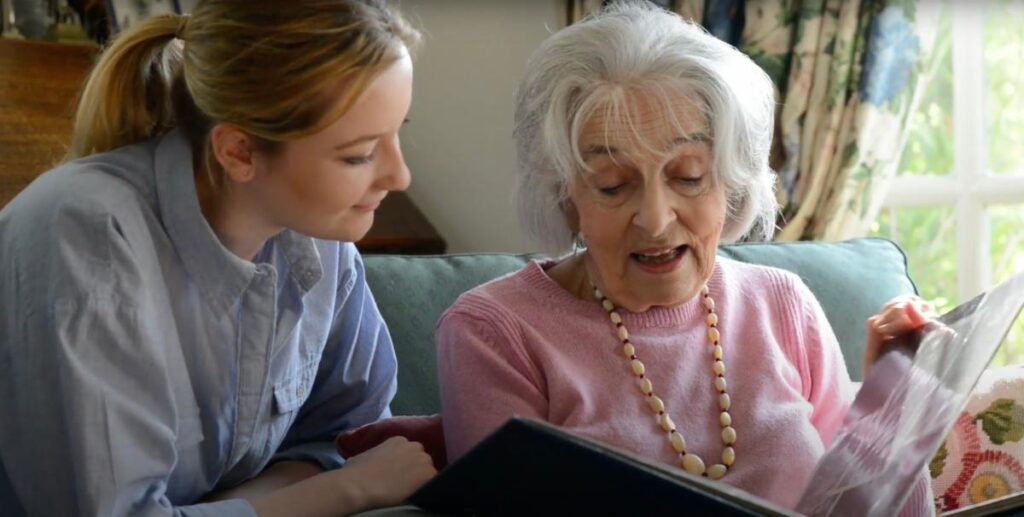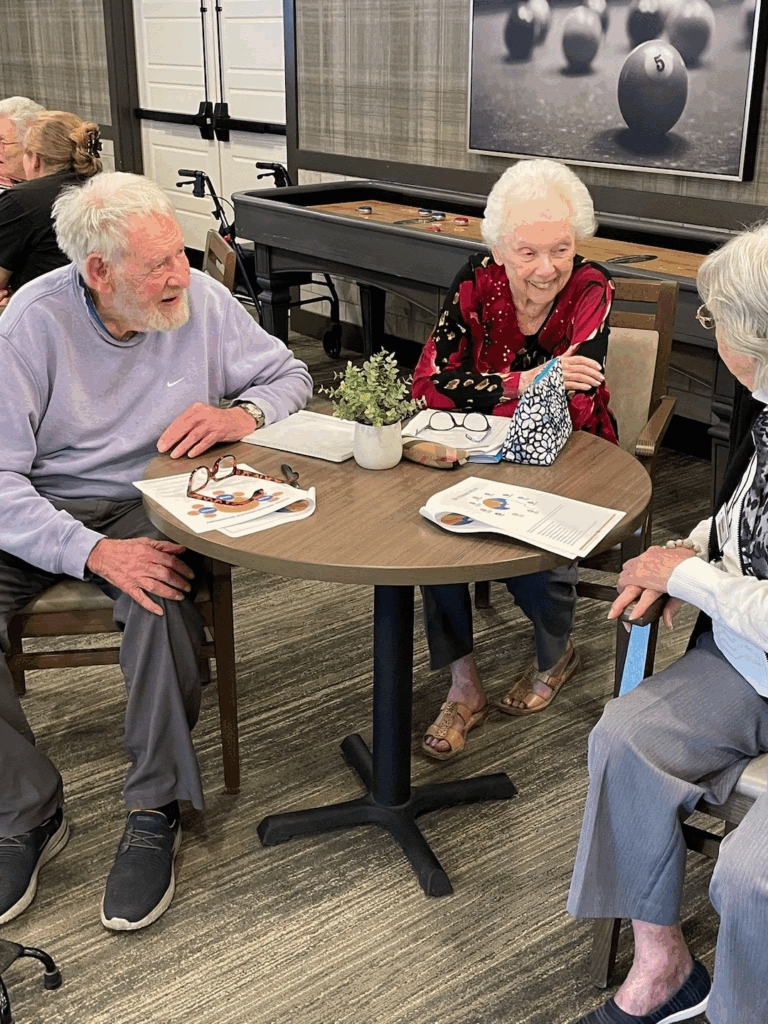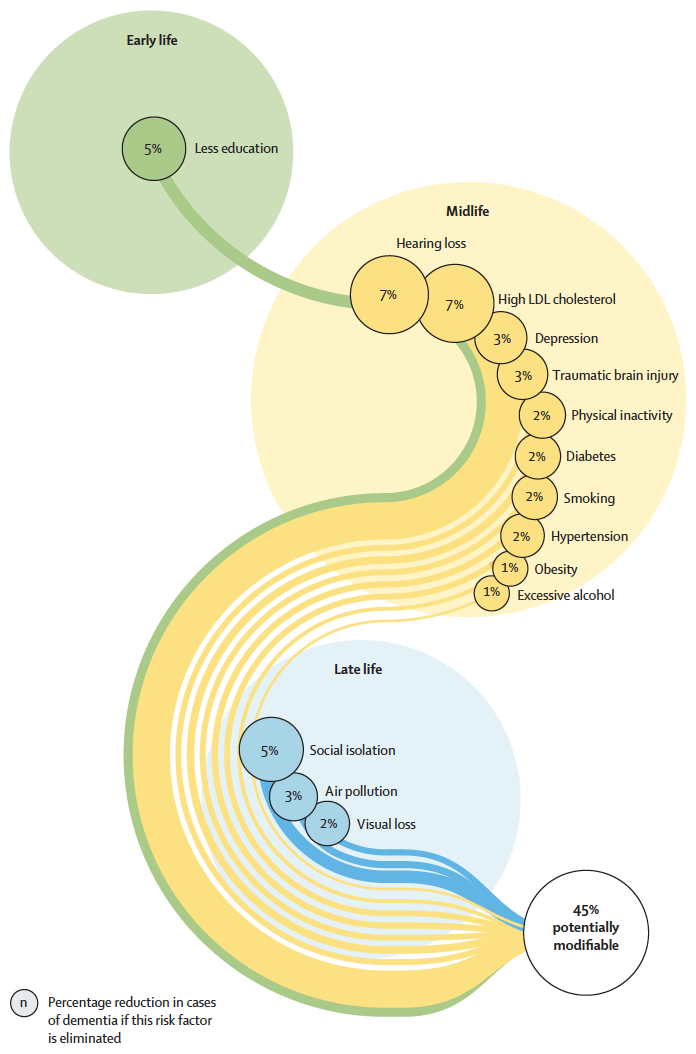
Early Memory Loss: Why Cognitive Wellness Training Can Help
A colleague recently shared their concern over Miss K., a vibrant woman who seemed to experience a real dip in her memory over the past few months. “She is forgetting details she ordinarily would get,” she said, “and I can tell that it’s keeping her from engaging and getting together with her pals.”
As we age, our risk for changes in memory ability increases significantly, especially for those over age 85. While such changes are not inevitable, and do not necessarily progress, they can be frustrating and even frightening for folks experiencing them. As professionals and caregivers, our desire to find solutions to meet the changing needs of our community members in a way that can help to stave off further decline can be challenging. This is particularly true when we consider the need to do so on a scalable basis.
The good news is research shows there are a number of ways we can efficiently and effectively support those with mild cognitive loss through cognitive wellness training in a group setting. Options for helping everyone live as fully and meaningfully as possible include:
Skills Training. Individuals with early memory changes can benefit from cognitive training targeting skills such as attention, short-term memory, processing speed and executive functions. In one recent study, 145 individuals with mild cognitive impairment (MCI) significantly improved on measures of attention and memory after several group cognitive skills training sessions. In-person small group programs are preferable for this population, who can benefit tremendously from the additional intellectual stimulation of working together with peers, rather than alone on a computer or smartphone.
Lifestyle Intervention Training. Those with mild cognitive loss can respond well to modifications of lifestyle factors. Making positive changes in areas such as sleep, medications, and emotional health can significantly impact and support cognition, including attention and memory. Cognitive wellness programs combined with personal coaching can empower residents to take better care of their brain health, and encourage them to engage in wellness offerings that target their specific health concerns. Consider a person-centric approach as a way to make sure individuals are motivated and provided the tools to achieve their wellness goals on their own as well as with support.
Social Support. One of the best interventions for early stage cognitive loss is continued or improved socialization. Social engagement is a known buffer for emotional distress, isolation and loneliness. Less recognized, however, is the critical impact socializing has on cognitive skills. Even informal conversations in the lobby provide a meaningful opportunity to “work out” a myriad of thinking skills including attention, verbal functions, memory, and executive control. It is no wonder that many frail older adults experienced a dip in cognitive abilities during the recent months of lockdown. While this may be due to multiple factors, certainly the loss of contact and socialization played a role in the widespread changes seen.
While cognitive wellness interventions may not arrest the progression of cognitive decline, in many cases early stage interventions can positively impact an individual’s experience, engagement and quality of life in ways that can be quite meaningful. Positive group experiences, moreover, have been shown to bolster mental well-being as well as contribute to overall skills learning. If serving those with transitional cognitive loss is a priority in your community, I suggest looking for ways to integrate these interventions to provide folks with every opportunity to thrive and live well.
President and founder of Total Brain Health, Cynthia R. Green, Ph.D. is a clinical psychologist, author and nationally recognized expert on memory fitness and brain health.



